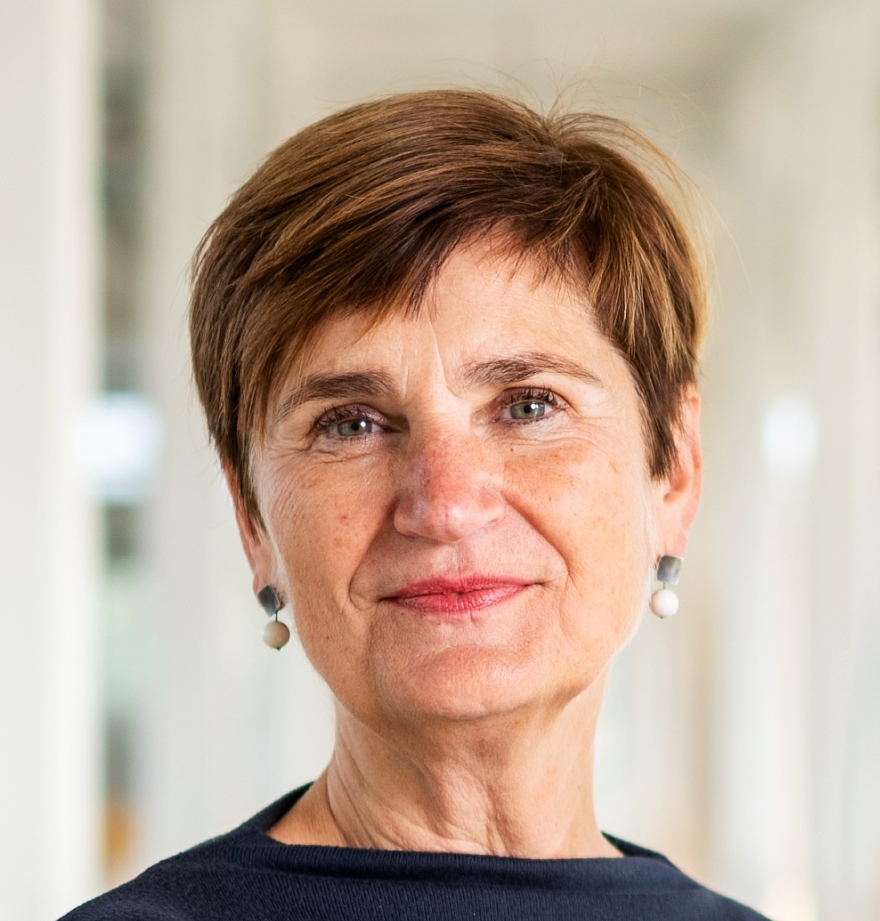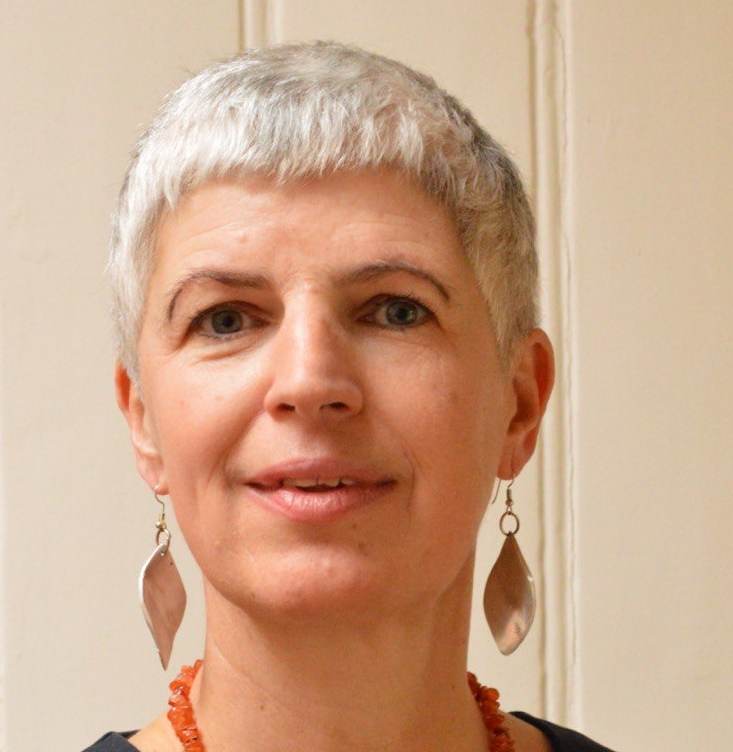Session 7
The perspective of rural areas
What special concepts and solutions exist for church buildings in rural areas, especially in regions with shrinking populations?
Church. More than church - Projects of IBA Thüringen in rural areas

- Name / Titel
- Marta Doehler-Behzadi
- Funktion
- IBA Thüringen, Leipzig, Germany
Around 2000 church buildings, an above-average number, are part of Thuringia's cultural landscape. They are an expression of a very small-scale and dense settlement structure in a predominantly rural area. They create a sense of identity and almost always shape the townscape; they are a great architectural and cultural treasure. However, the use, maintenance and preservation of properties, vicarages and churches is becoming increasingly difficult in the face of demographic change and a decreasing number of church members. In cooperation with the Evangelical Church of Central Germany (EKM), the IBA Thuringia has been working together since 2014 to find new ways of filling empty or little-used churches with life again. In 2017, around 500 ideas were submitted in response to the "Unconventional thinkers wanted" call for projects, some of which were implemented in an experimental way. The first realized projects show that churches are being reimagined and reopened in different ways, becoming hybrid-use buildings: new public spaces.
Re-activating religious buildings as a common ground

- Name / Titel
- Edith Wouters
- Funktion
- AR-TUR, Centre for Architecture, Urbanity and Landscape in the Kempen, Turnhout, Belgium
The rural perspective considered, is the dense network of churches in the Kempen region in the northern part of Belgium, in which each church will have a role to play in the future. AR- TUR set up Kempenlab ‘Landscape of churches’ as a free cultural space in collaboration with professor Sven Sterken of KU Leuven, based on the case location of the modern church of architect René Van Steenbergen in the hamlet of Den Hout in Beerse. With a series of activities such as student analysis and research by design, excursions, exhibitions, a seminar and publication we thus explored the challenges of the case location in depth, while also opening the debate on a higher level and formulating recommendations for similar projects. Kempenlab not only strives to offer new insights for the case location but wants to have an impact on the mindset of all the stakeholders involved. It thus stimulates a more holistic approach and a catalyst effect on the quality of multiple re-use processes in the future.
Chair

- Name / Titel
- Marta Doehler-Behzadi
- Funktion
- IBA Thüringen, Leipzig, Germany
